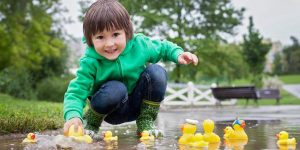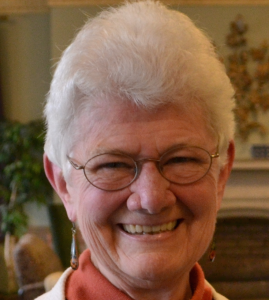It’s hard to talk about Truth because what is true is actually a living being. When something is really alive, it is both more flexible and more concrete than what we are able to say about it. We are so often trapped in our own abstractions of the truth that we fail to realize until much later that the real truth of the matter slipped away from us in that moment when we were not paying attention. But life is graceful and full of mercy, and we are often able to come back to ourselves and ‘see’ again what is true. What follows here are some examples that might shed a bit of light on some of the peculiar ways in which Truth, in its living being-ness, can be recognized.

Example 1.
“Out beyond ideas of wrongdoing and rightdoing there is a field. I’ll meet you there. When the soul lies down in that grass the world is too full to talk about.” – a direct quote by Rumi
~ versus ~
Somewhere between right and wrong, there’s a field. I’ll meet you there. (a greeting card)
Truth is discerning the important difference between the prepositions ‘beyond’ and ‘between’.
Two small children are fighting over a toy duck. Finally, one girl sits down exasperated and says, “It’s not about the duck! It’s about sharing!”
She got it that it’s not about haggling over who’s right and who’s wrong, but it’s about going beyond that into another realm where what one sees takes on a totally different quality.
Example 2.
Owen Barfield said we need to know the difference between the true materialist and the naughty materialist: The true materialist says, “I can’t see it so I won’t say anything about it.” The naughty materialist says, “I can’t see it, so it doesn’t exist.”
What is true? At the end of the day, the spirit comes of itself.
Two small children are fighting over a toy duck. Finally, one girl sits down exasperated and says, “It’s not about the duck! It’s about sharing!”
She got it that there was something more important than the toy itself. Even though what was more important could not be seen, it did, in fact, exist. And the spirit came of itself into the situation through the totally non-material idea of ‘sharing’.
Example 3.
In economics, thoughts are things. “Economics is a science of initiation. When we ask, ‘Who am I?’, right now, we are all slaves of the market. The only other alternative is to be able to say, ‘I am what I initiate.’” – Christopher Houghton Budd, economic historian
Two small children are fighting over a toy duck. Finally, one girl sits down exasperated and says, “It’s not about the duck! It’s about sharing!”
She got it that, in order to get out of the trap they were in, a new way of looking at things was necessary. She became what she initiated in that moment: a person who could share a desired toy. Through her own initiative, she broke free by doing what both of them needed.
Just as the spirit in a human being and in a situation comes of itself, so too, as a living being, truth also comes of itself. But it comes as we earnestly open to it and strive to give it our attention. When we begin to recognize the truth that our wills are waking up in new ways, we can notice that one way this shows up is in our economic selves. As this happens, we see that the teachers who attend to their own bookkeeping and know where they are financially can inspire us all. They become the kind of role models that children can doubly benefit from because they have learned to keep their feet on the ground through accounting while they set their ideals high in all of their teaching. Thus, their life has a wholeness to it and the children experience this truth-of-being in subtle but powerful ways.
 MEG FREELING is a life-long student of human learning and has studied it in many settings. She has created small schools in California, Illinois and Ohio, including Briar Rose Children’s Center, a Waldorf preschool. She has worked with adults as well as children and helped create a program for LifeWays teacher trainees to earn graduate credits through Ashland University in Ohio. Meg is currently teaching piano lessons in Columbus, Ohio, while she looks for new ways to help teachers in various fields and settings become competent in bookkeeping. In league with colleagues researching the associative economics of Rudolf Steiner, it is her view that, “As teachers, we need to awaken our economic selves so we can represent our educational ideals and capacities in the language of accounting. This is one way we can move into the professional sovereignty now needed to describe to the world in concrete economic terms what it will take to teach its children.”
MEG FREELING is a life-long student of human learning and has studied it in many settings. She has created small schools in California, Illinois and Ohio, including Briar Rose Children’s Center, a Waldorf preschool. She has worked with adults as well as children and helped create a program for LifeWays teacher trainees to earn graduate credits through Ashland University in Ohio. Meg is currently teaching piano lessons in Columbus, Ohio, while she looks for new ways to help teachers in various fields and settings become competent in bookkeeping. In league with colleagues researching the associative economics of Rudolf Steiner, it is her view that, “As teachers, we need to awaken our economic selves so we can represent our educational ideals and capacities in the language of accounting. This is one way we can move into the professional sovereignty now needed to describe to the world in concrete economic terms what it will take to teach its children.”